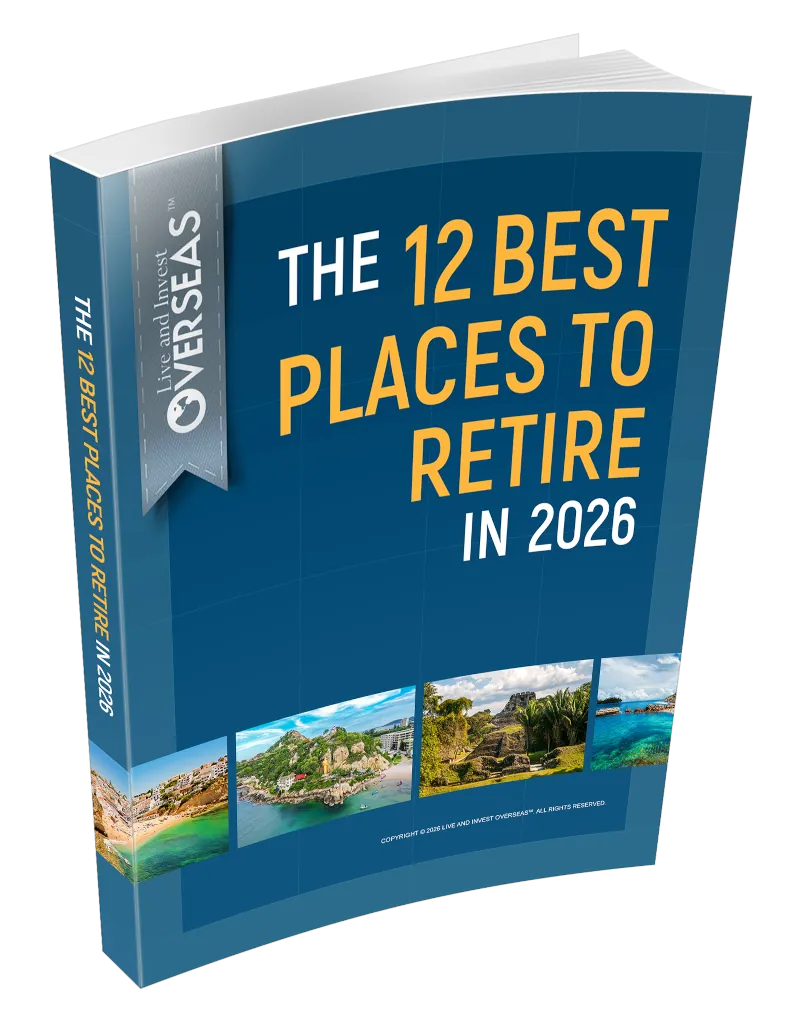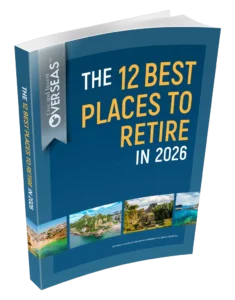Moving overseas can be an opportunity to reinvent yourself—leave behind the stresses and worries of where you’re currently living and launch a new life in an exciting location with new scenery, new faces, maybe a new language, and more.
It’s understandable why this idea is taking off in the United States, with more people than ever considering settling in another country. Moving abroad can be an opportunity to add more fun and adventure to your life.
But moving to a new country involves a major life change, and as such, it also requires a great deal of introspection, planning, and work to pull off. Here are six questions to ask yourself in the early stages of planning a move abroad.
- What Do You Want Your New Life Abroad To Look Like?
Before jumping on a plane, define your priorities, agendas, and preferences. Determine what you’re willing to give up from your current lifestyle and what you’re not. If you’re moving with your significant other, you need to have a mutual understanding of the journey you’re embarking on.
Do you care what people think about your decision to move overseas? If so, you’re susceptible to being dissuaded by your friends and family. If moving abroad is your goal, you must learn to continue with your plans despite this.
What’s your ideal lifestyle overseas: an expat enclave where all your neighbors are from the U.S. and Canada, speak English, and talk about the same things people talked about back home? Or a setting that’s more authentic to the country you’re living in, where your neighbors are locals, and where you’ll likely grapple with a language barrier?
Do you want to live abroad part-time or full-time? This doesn’t have to be all or nothing. You take a cue from snowbirds, who “fly south” for winter, spending a handful of months in a warmer climate before returning home for the spring and summer. You can try living overseas on for size and live in a new country for a month or two per year until you feel comfortable enough to extend your stay. Or you can take the plunge and relocate, settling into your new home full-time.
- What’s Your Move-Abroad Budget?
Instead of asking how much money you need to move overseas, ask yourself how much you currently have.
The minimum you’ll need to secure a comfortable life in select low-cost havens is $1,000 per month. With that budget, your selection of international havens to move to is more limited, although there are still some good options out there. With a budget of $2,000 to $4,000 per month, your selection expands exponentially.
The best way to determine how much you have is to prepare a spreadsheet. Document your assets and liabilities to determine your net worth. After figuring out your nest egg, you can turn that into your budget for your new life abroad.
The good news is that many goods and services start out at a lower price overseas, which can allow you to reduce how much you spend on basic necessities (creating more budget for discretionary spending). You may be able to cut out expensive items like a car, depending on where you’re moving.
-
Health is one of life’s most important considerations, and it only becomes more important as we get older.
If you have a serious health condition that requires regular medical attention or special medication, this can limit your range of options abroad. But this is not always a deal-breaker. Researching what’s available locally is crucial, but rest assured that many excellent options for affordable, quality medical care exist internationally.
Even if you’re perfectly healthy, you’ll have to decide what type of health insurance to use in your new life abroad. You have a couple of options: local health insurance, international health insurance, travel health insurance, or no insurance at all.
Going without health coverage might be unfathomable to you, but in certain destinations, it can be a reasonable approach. In some countries, medical care is so affordable that it makes more sense to pay out of pocket for regular health needs, putting what you would’ve paid for health insurance into an interest-yielding savings account.
An international or travel health insurance plan makes the most sense if you plan on traveling a lot once you move. If you’re staying put in one country, a local insurance policy is likely the best option.
You should start thinking about health early in the relocation process. Many policies only accept new clients up to certain ages. If you enter into a policy before the cut-off, you can usually stay in it past that age, but if you wait too long, you could age yourself out of some good health insurance options.
- Will You Need Residency?
How long will you stay in your chosen haven? Are you moving overseas part-time or full-time? If you want to stay in a country for longer than a tourist visa allows (which is usually 30 to 90 days), you will need to apply for residency there.
With a residency permit, you’re a legal resident of the country but not a citizen. Residency is your ability to live in that country for a set period of time—as long as your residency permit allows, which is usually one or two years at a time. After living in a country for an extended period (usually five years), you can convert temporary residency into permanent residency, which is usually valid indefinitely.
To apply for residency, you’ll have to meet certain requirements (such as providing a background check, proof that you have health insurance, evidence of funds that you can use to sustain yourself in your new country, etc.). Working with a residency lawyer who speaks both the local language and English is usually the easiest way to obtain residency.
- Will You Rent Or Buy Your New Home?
Renting first is always a recommended strategy. Even if you’re sure you like the country that you’re planning on moving to and you’ve scoped out which city you’ll choose, you may yet know which neighborhood in that city suits you best.
Renting allows you to try out several different neighborhoods before committing to a property purchase, if that’s on your agenda. While property is a solid investment class, you may decide that renting indefinitely is better for you.
Renting allows for a more mobile and flexible lifestyle, and overseas, it can be affordable—as inexpensive as a couple hundred dollars per month. You avoid the carrying costs of property ownership, as well as the administrative processes of making a purchase and estate planning. Plus, renting overseas can be very affordable—as little as a couple hundred dollars per month.
Plus, if you don’t have the cash, you might have no choice but to rent. In many countries, cash purchases of homes are the norm, and financing for foreigners (even resident ones) is not an option. In countries where you can get financing, you’ll find high interest rates and strict requirements.
In countries like Belize and rural Italy, the best way to find a rental is through word of mouth. Many countries lack central databases of available listings, so it’s best to put boots on the ground and deal with local agents directly. By searching on the internet (in English), you’ll find only the most expensive rentals that are aimed at tourists.
- Are You Up For Learning A New Language?
If you are up for learning a new language, you’ll enjoy the widest selection of havens to move to.
If not, you can relocate to a country where English is an official language (Belize, Malta, the Philippines, etc.) or where the locals speak English to a standard that’s high enough that you can get by. Lisbon, Portugal, Panama City, Panama, and Phuket, Thailand, are a few examples of places where you don’t necessarily need to speak the local language to live well.
That said, you will be doing yourself a disservice by not picking up at least the basics (“Thank you,” “Goodbye,” “Please,” and so on). It will be more difficult to form connections with locals, which can be one of the best aspects of moving abroad.
Learning the basics is almost always appreciated. The more effort you make, the easier it will be to become a part of your new community. Watching and listening to media (TV shows, movies, podcasts, etc.) in the language you’re trying to learn and striking up conversations are good ways to practice. Taking language classes can also be a fun way to meet new people.
Until next time,
Kathleen Peddicord
Founding Publisher, Overseas Opportunity Letter











